Ahead of taking delivery of COVID-19 vaccines, the Federal Goverment says it has signed an indemnification that will make it impossible to hold producers of the vaccines responsible for their after effects.
The Minister of Health, Dr Osagie Ehanire, said while addressing State House correspondents at the end of the Federal Executive Council (FEC) meeting at the Presidential Villa, Abuja on Wednesday.
He said the date of delivery of the vaccines was unknown yet but believed COVAX will start delivering to African countries before the end of February.
That is what they told us. But they didn’t tell us which country is first or which is second, which is third.
“So, COVAX begins to deliver before the end of February. And we hope that before the end of this month, it would be our turn or latest by beginning of next month.
“As for us here, we are ready to use vaccination once it arrives, we met all the conditions. They have asked us to sign an indemnification form, we have done that. Indemnification means that you do not hold us responsible for anything that happens from using this vaccine.
“That is a standard process. We’ve signed that indemnification and so we are waiting for the vaccines to arrive anytime.
“I don’t think that they will arrive in all African countries at the same time. They arrive one by one stage by stage or the order in which they arrive is determined by COVAX, who is the entity deleting this vaccine.
“Now the largest number of vaccines we are getting is AstraZeneca in Africa, and this AstraZeneca is made under the licence. It’s a UK vaccine but is manufactured under licence by the Serum Institute of India. So, Serum Institute of India is donating all these vaccines,” the minister said.
According to Ehanire, Nigeria is expecting vaccines from three donor sources — the Global Alliance for Vaccines and Immunization (GAVI) and African Vaccine Acquisition Task Team (AVATT) set up by the African Union.
“Now, you can see that all of these are coming from various sources but put together, they almost satisfy our needs so that we don’t really need to go procure.
“But the question is, when are they delivering that is not in our hands. It is the hand of the person who is bringing it to us.
“We have been told to open an account with Afreximbank under the African Union, we have done that already successfully because we are going to pay for that part of the vaccine. The COVAX vaccine is free, at no cost to us, it is made from donations.
“We want to immunise about 60 to 70% of our population. If COVAX immunises 20, then we have about 40 to 50 to immunise within the next two years.
“So, we have to pay for that minus any donations that we get like the MTN donation. For example, all those ones reduce the quantities that we have to purchase or any other that in future are given to us free of charge,” he explained.
On why Nigeria is receiving the AstraZeneca vaccines whose rollout has been discontinued by South African government, because it was found to be less effective, the minister said that WHO has said the country can make use of it.
Ehanire added that the South African variant of the virus is not in Nigeria, noting therefore that the AstraZeneca vaccine can provide immunity to citizens.
“South Africa discovered that these vaccine had some weaknesses against their own variant, the South African virus variant. It’s a peculiar variant by itself and the South Africans say that it didn’t seem to be very effective against their own variant.
“Now, we turn to the World Health Organisation and say what do we do? They say, well, if you don’t have that variant, don’t worry, use it. In Nigeria, we do not have the South African variant. So, use it, it will be a effective.
“So therefore, we are using it because it we do not have the South African virus variant here in our country. And if you start the vaccination on time and get Nigerians immunised, then they are immune and even if the variant comes in later on, it probably will not have any effect.
“So, it is not so effective in South Africa. It doesn’t mean it’s harmful. What it means is that it may not that effective because that variant is not here with us,” Ehanire added.
On how COVID-19 outbreak has helped to improve the nation’s health sector, he said: “Yes, we did hoped that we’re able to use the impetus from the COVID-19 to improve our health service. And that is going on very well. We have been able to expand the first of all the NCDC its capacity to detect diseases and trace diseases.
“The number of public health laboratories, not the laboratory the hospital, we had two of them at the beginning of this outbreak. Now we have over 80 laboratories that is a huge investment. Now NCDC has also raised its capabilities, it has trained a lot of people and are now able to do faster and further diagnostics.
“The hospitals themselves are benefiting because they have also received apart from what government has provided, government is giving every hospital an isolation centre.
“So all government hospitals will get an isolation centre, many of them have been built already and they will get a 10-bed ICU.
So, all those processes are going on, if you go to Gwagwalada, they’re just completing the additional isolation centre there, and the ICU. I visited Lagos over the weekend and I saw that they are expanding their ICU and their isolation centre.
“Then there’s oxygen, the new discovery from COVID-19 is that oxygen is really what you need, the high flow oxygen supplementation, which we didn’t have before, because we only had as much oxygen as we needed at the time.
“But now, the advent of COVID the government has given every teaching hospital every federal medical hospital one oxygen generating plant, that means one in every state. So, you have one generating plant.
“Then the Global Fund, we have been discussing with them because they are helping us with fighting AIDS, Tuberculosis and Malaria.
“We approached them and say if you have some surplus fund, why not helps us with repairing old oxygen plants, we have several old non functional plants. So we have new ones and they were able to repair all the old ones after they have been assessed.
“Finally, the various companies who are adding donations when I went to Lagos, I saw that Airtel that it was helping to build an additional isolation wing at University of Lagos and in other places you see where NNPC in Gwagwalada has also built something.
“They are donating ambulances. So various corporate organisations are adding value to our hospitals and we hope that that continues, we will begin to reform the ambulance system.
“Now, we are also creating an emergency medical service and ambulance system, beginning with ambulances that we do donated and these ambulances will make it possible to use the number 112.
“When you call 112, you can get an ambulance come to your house or to wherever the emergency is free of charge, it is at no cost to the user.
“The emergency will be done at no cost to user so that we can reduced maternal deaths, who can reduce infant and under five deaths. If we are able to provide first aid. In fact, there are some calculations that we can reduce these deaths by 50 per cent,” the minister said.











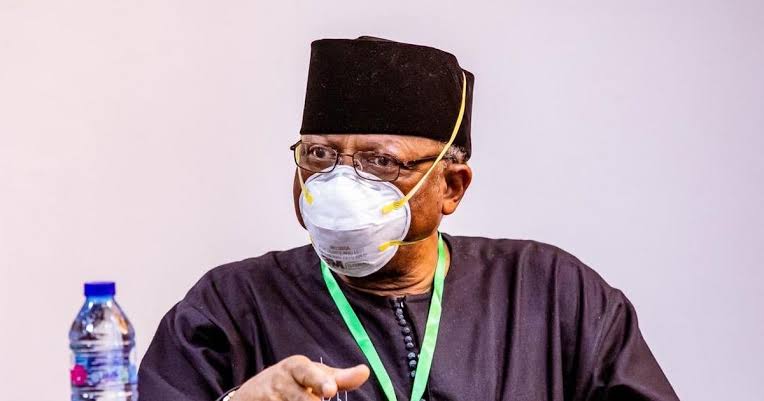

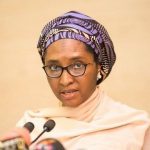





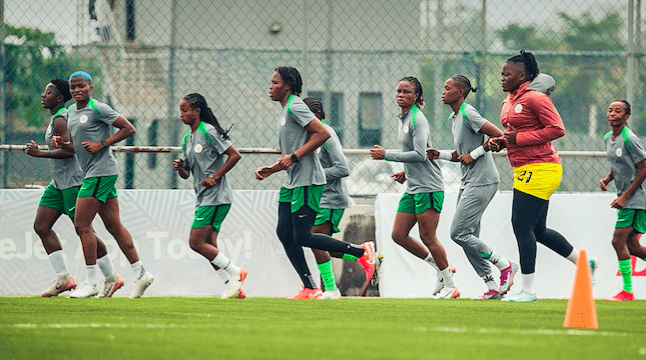
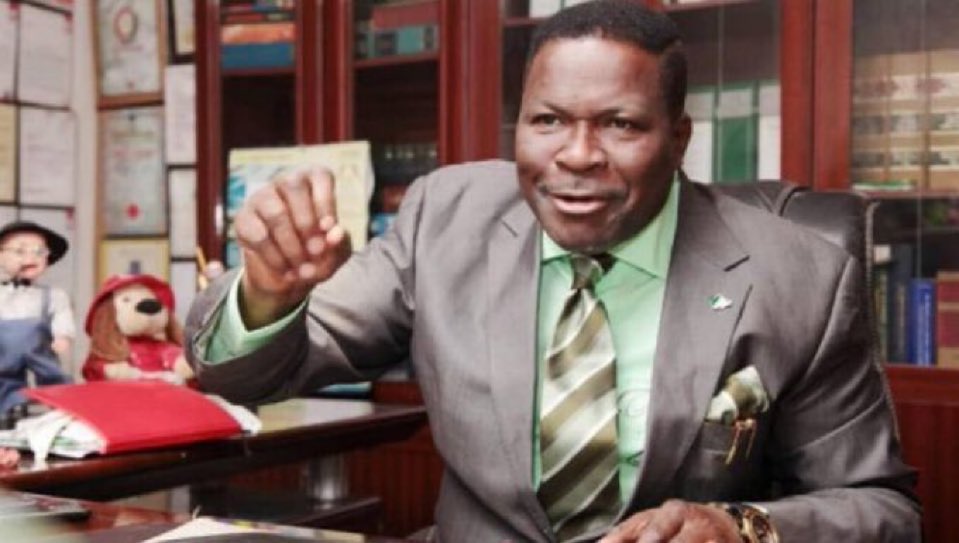
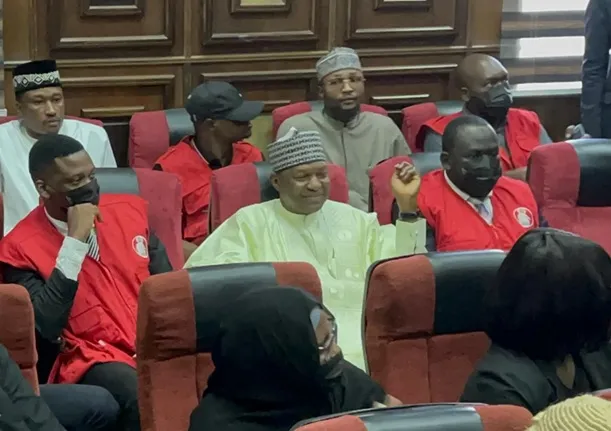
Leave a comment